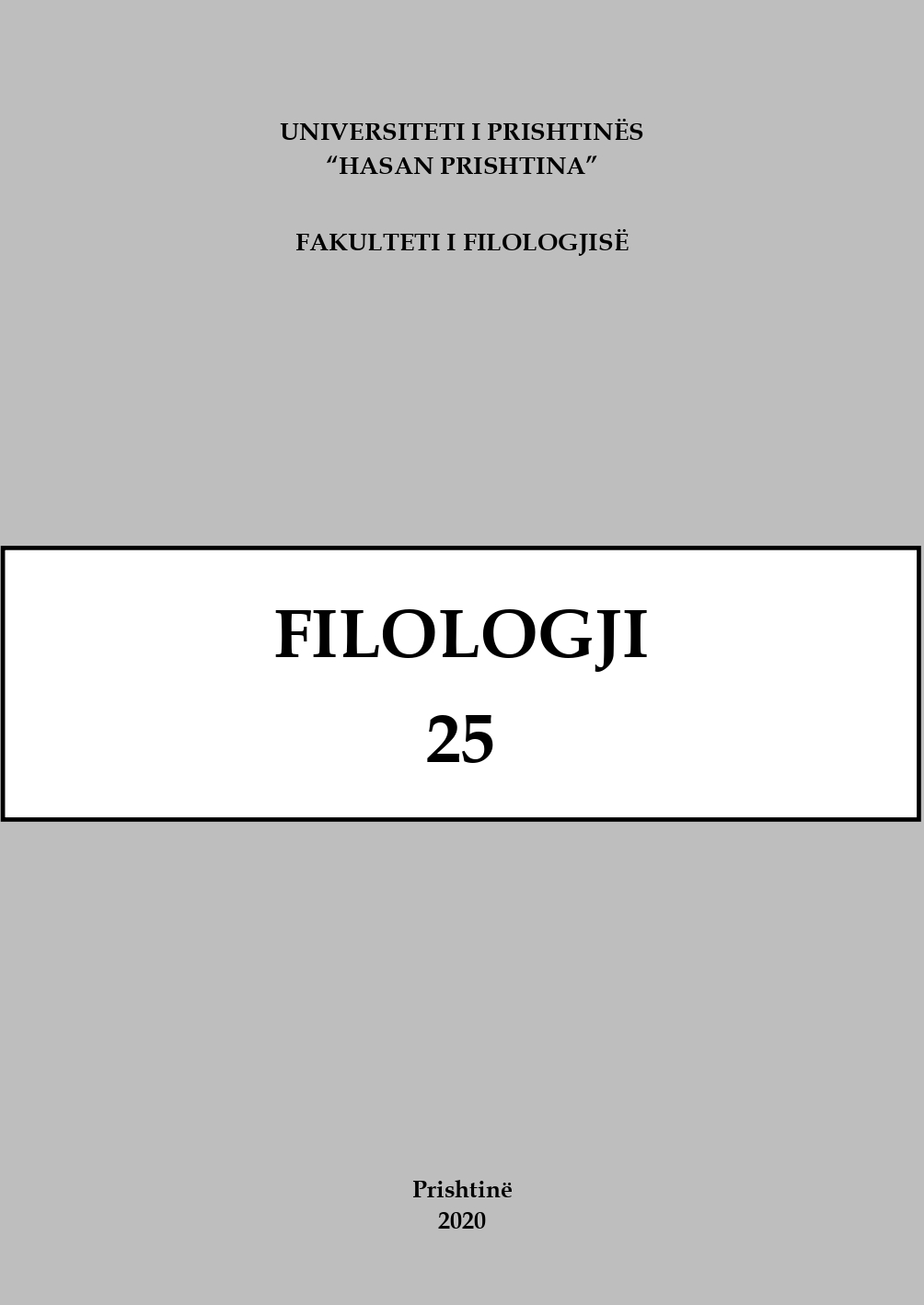Modaliteti epistemik dhe deontik në gjuhën shqipe
Epistemic and Deontic Modality in Albanian
Author(s): Agnesa HasimjaSubject(s): Language studies, Theoretical Linguistics, Philology
Published by: Univeristeti i Prishtinës, Fakulteti i Filologjisë
Keywords: modality;epistemic;deontic;dynamic;
Summary/Abstract: Until recent times, modality in grammars of Albanian has occupied a very small area of focus. Brief expanations have been noted in the sections that dealt with modal verbs or in sections that treated grammatical categories of the verb, respectively mood. In the past decade, modality has received considerable attention in the studies of Albanian linguists such as Rugova, Ismajli, etc. According to different researchers, modality is considered to be a semantic category that expresses the attitude of the speaker towards the validity of the action or state expressed by the main verb. Four categories are generally accepted by research on modality: epistemic modality, deontic modality, dynamic modality and evidentiality (Palmer, 2001:70). This study makes use of various theoretical and statistical methods. The aim of this study is to provide a theoretical discussion of these modalities (apart from evidentiality) as marked by the modal verbs duhet and mund, which is a discussion that is simply inevitable. Secondly, this study unfolds its practical section by analyzing the daily newspaper “Koha Ditore” as part of the corpus, as well as the transcrypt of the “Van Gogh and Gauguin” documentary. This study aims at investigating the use of modal verbs as signifiers of abovementioned modalities. Data will be presented in tables, in percentages resulting out of the research, followed by an interpretation.
Journal: FILOLOGJI
- Issue Year: 2020
- Issue No: 25
- Page Range: 223-234
- Page Count: 12
- Language: Albanian

